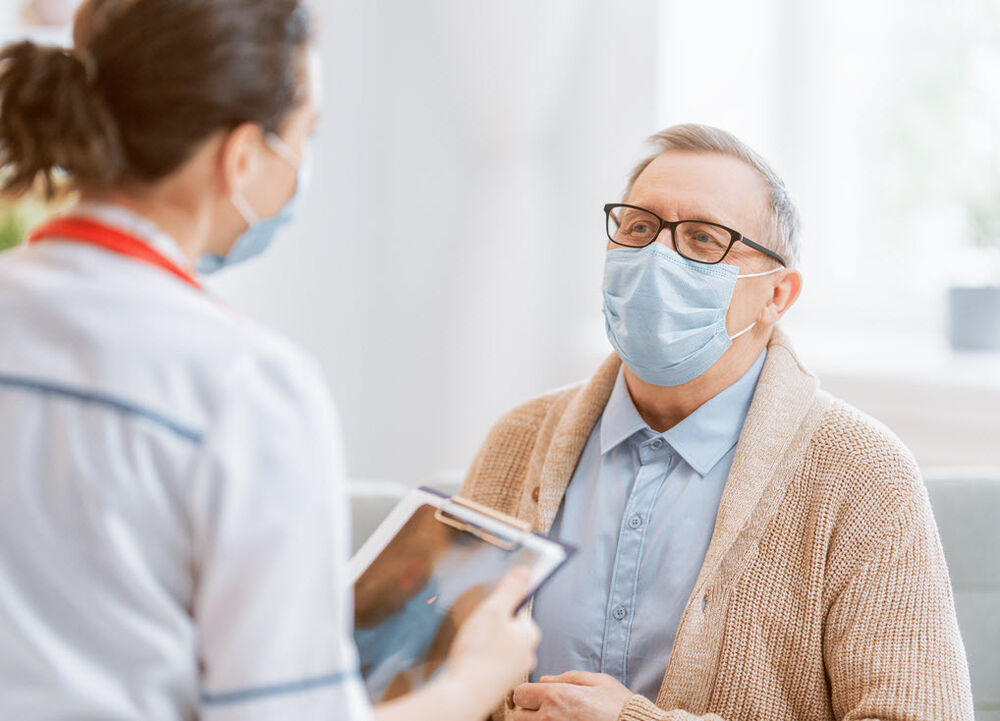Loading
“The Centers for Disease Control and Prevention revised its guidance on wearing masks Tuesday. In a reversal of its earlier position, the agency is now recommending that some fully vaccinated people wear masks indoors if they live in areas with significant or high spread.
Currently, much of the country falls into that category — with the exception of the Northeast and parts of the Upper Midwest. The CDC provides this link if you want to see the area of spread in the county where you live.
“This was not a decision that was taken lightly,” said Dr. Rochelle Walensky, the CDC’s director, acknowledging that people are “tired and frustrated.”
But Walensky pointed to new data showing that while vaccinated people still account for a small amount of risk, in rare cases they can get infected and spread the virus to others.”
Read more, here.
Loading


